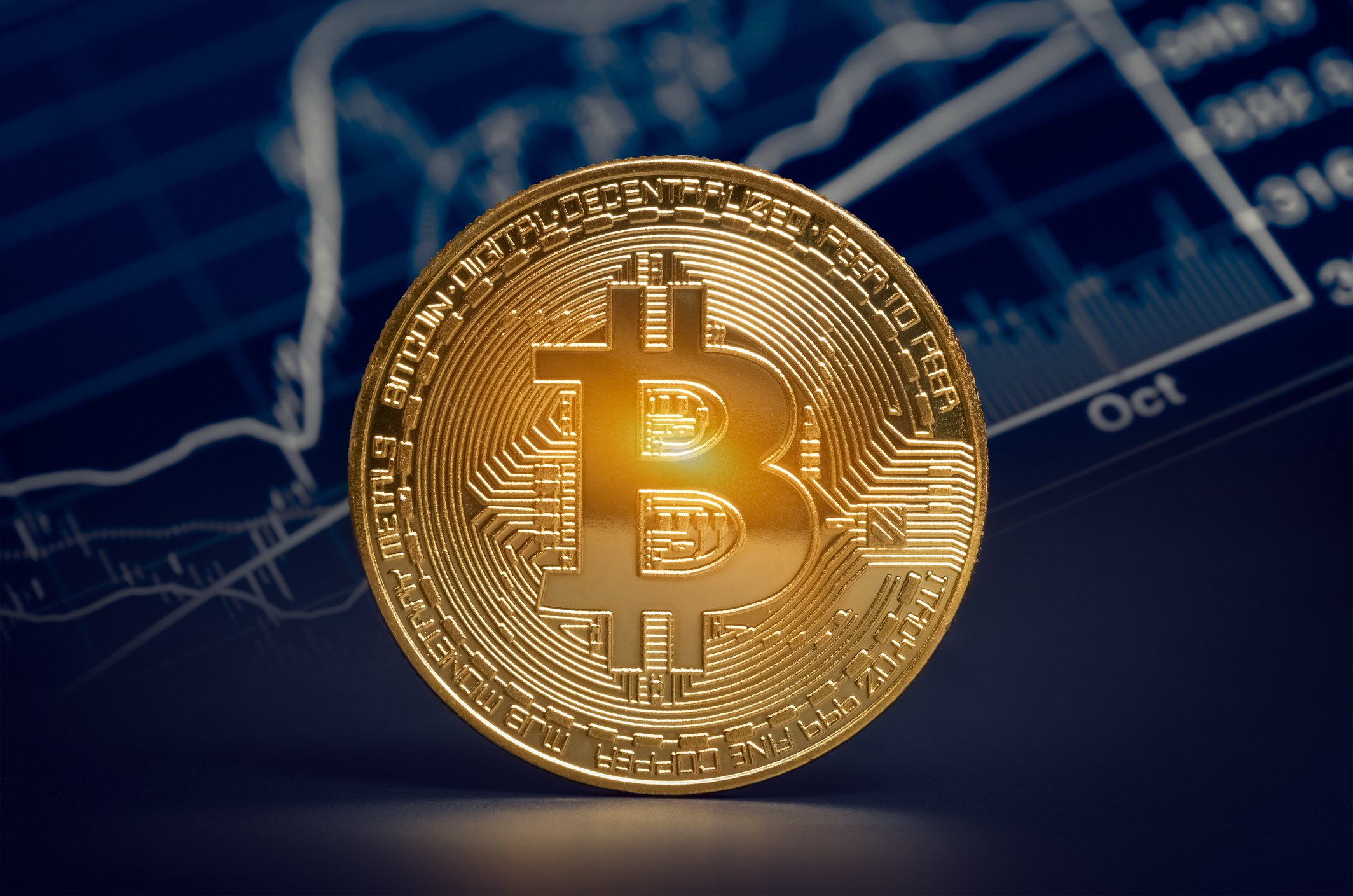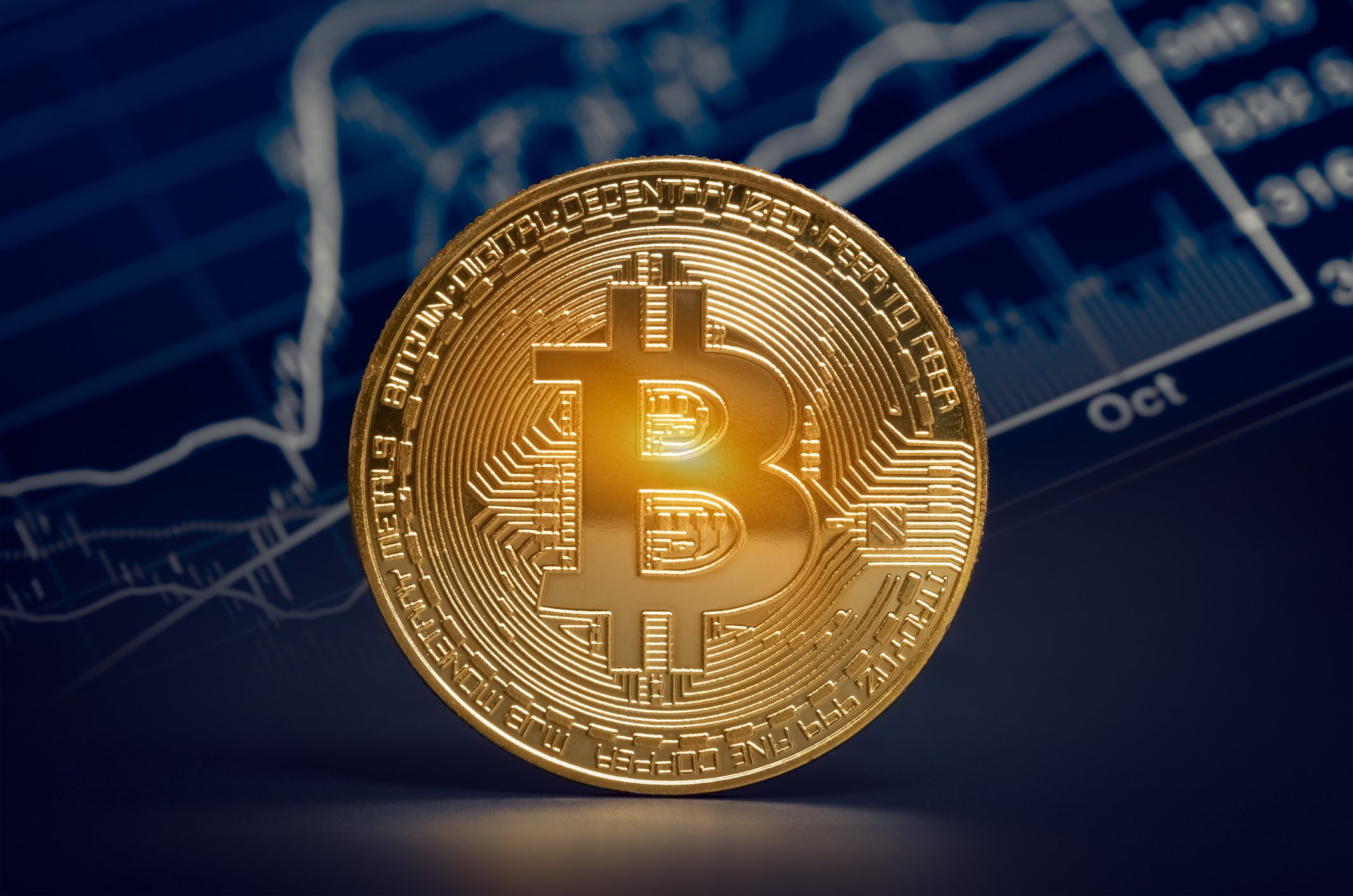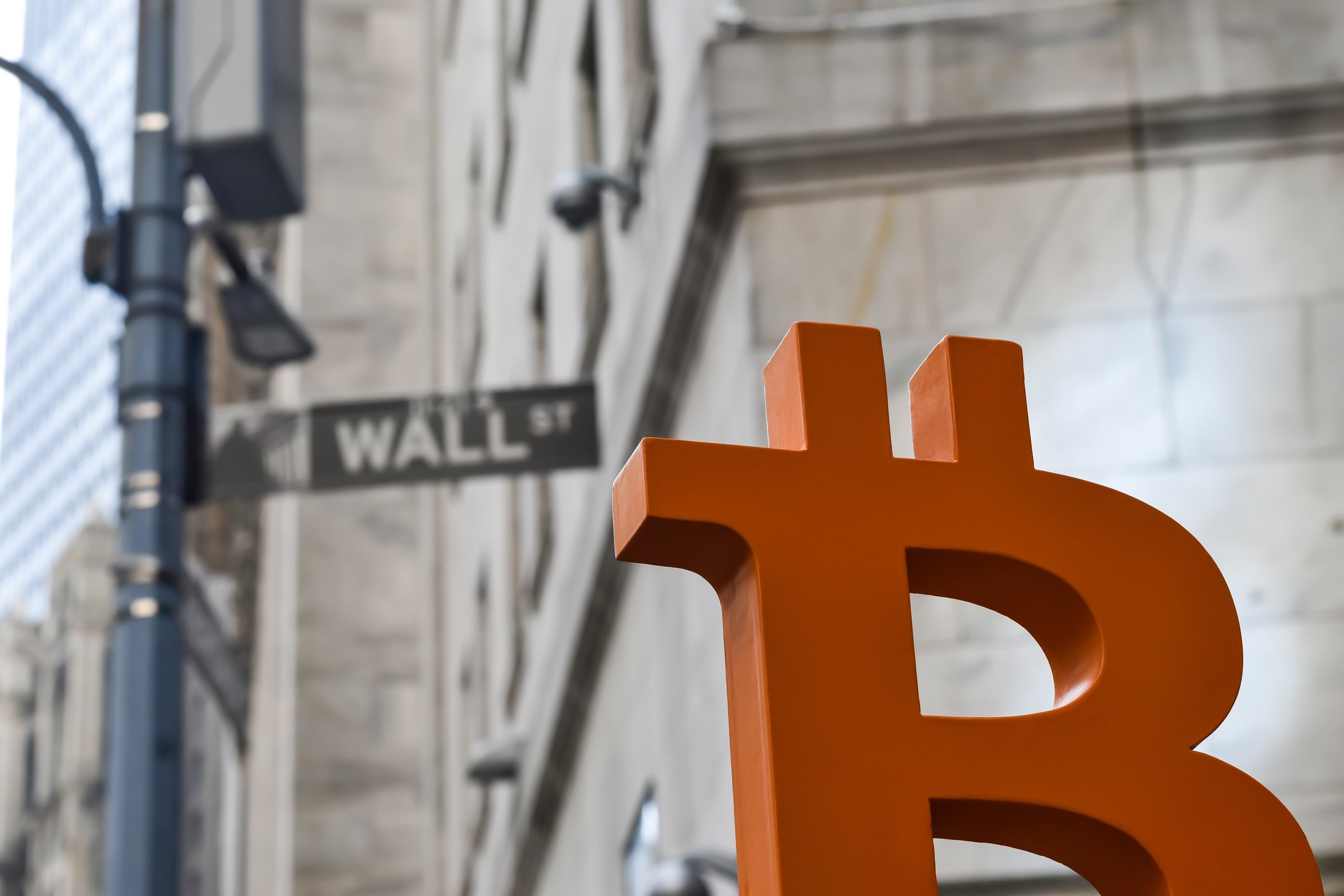Investing in cryptocurrencies can be an intimidating endeavor. There are tens of thousands of options, making it a daunting task to narrow down the list. And while most digital assets aren't worth even a penny of your savings, the top crypto, Bitcoin (BTC +1.28%), deserves a much closer look.
That said, here are three of the most important factors investors need to consider before buying Bitcoin.

CRYPTO: BTC
Key Data Points
Bitcoin is extremely volatile
This probably goes without saying, but Bitcoin is extremely volatile, even more so than growth tech stocks. Daily price swings of 10% are par for the course. And worse, major bear markets are a usual occurrence. In 2021, Bitcoin's price fell more than 50% from peak to trough at one point, only to shoot back up. And currently, Bitcoin is off about 69% from its all-time high of nearly $69,000 achieved in November last year.
For anyone looking to put some money into Bitcoin, understand that you must be able to stomach the inevitable ups and downs. Otherwise, you'll be inclined to sell quickly after any major price move and lose out on the potential for monster returns over the very long term. Volatility is normal in this situation. In fact, it should be expected for such a new (Bitcoin is 13 years old), still-developing, and nascent asset.
If Bitcoin keeps gaining widespread adoption as a legitimate store of value, it won't be in a straight line. That's because it will continue to fall in and out of favor with investors based on various factors, like the macroeconomic environment, any regulatory updates, and their own personal finances. Therefore, it's best to only allocate to Bitcoin what you're willing to lose, say 1% to 2% of a well-diversified portfolio.
Bitcoin runs a proof-of-work consensus mechanism
Unlike Ethereum after "The Merge," as well as Cardano and Solana currently, Bitcoin operates what is known as a proof-of-work consensus mechanism. This means that large amounts of electricity are needed to solve complex math problems to validate new transactions and create new Bitcoin, a process known as mining. Bitcoin naysayers argue that the network is awful for the environment, often citing data showing that it consumes the same amount of energy as a small country.
However, Bitcoin mining flows to the cheapest sources of energy, like wind and solar. And not only does Bitcoin support the development of renewable energy, but it can also help to balance out a power grid. When excess energy is produced, instead of it being wasted, it can be used to mine Bitcoin. And during times of peak power demand, say during a major heat wave, miners can quickly turn off their machines and sell energy back to the grid. This is an incredible feature that most people don't consider.
The next time someone tries to tell you that Bitcoin is inefficient and bad for our planet, just remember the quirks you just saw. We could get to a point in the future when Bitcoin is entirely powered by green energy while acting as a demand-balancing portion of the power grid. That one-two punch would certainly be viewed favorably by society.
Bitcoin aims to change money
While Web3 and its potentially disruptive applications garner a lot of attention, primarily from venture capitalists, Bitcoin is attacking arguably the biggest addressable market in the world -- money. Sure, its use as a medium of exchange is essentially nonexistent today, and it is mainly being viewed as a store of value like digital gold.
Bitcoin's network is only able to process fewer than five transactions per second (TPS), and every new block is created on average every 10 minutes. On the other hand, Visa, the largest payments network in the world, has the capacity to handle a whopping 65,000 TPS. It's strikingly clear that for Bitcoin to be used in daily transactions, something needs to change.
Luckily, developers are working hard on a layer-2 solution, known as the Lightning Network, that runs on top of Bitcoin's main blockchain. The idea is that different parties can open payment channels with each other, allowing transactions to be instant with almost zero fees. For example, I could open a channel with my local coffee shop, with my balance decreasing (and the coffee shop's balance increasing) every time I make a purchase. Once a month, or at any frequency for that matter, this channel can be closed, and the ending balance is settled up on the main Bitcoin network, thus reducing congestion on the main blockchain.
Bitcoin could fundamentally change the nature of money, which today is heavily controlled and manipulated by the actions of governments and central banks. To be fair, it will be a long and bumpy road for Bitcoin to achieve mainstream adoption, but the potential is definitely there.









